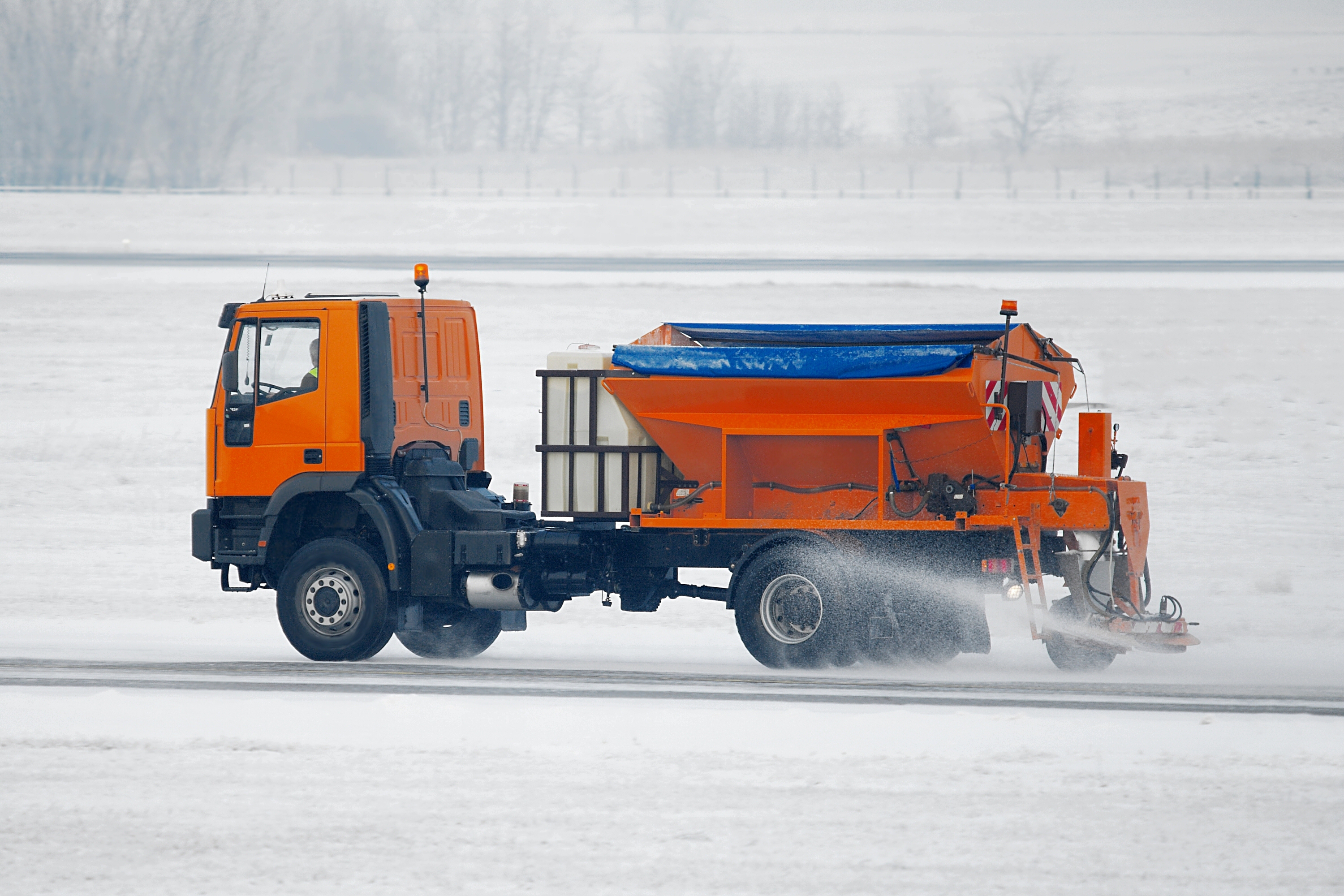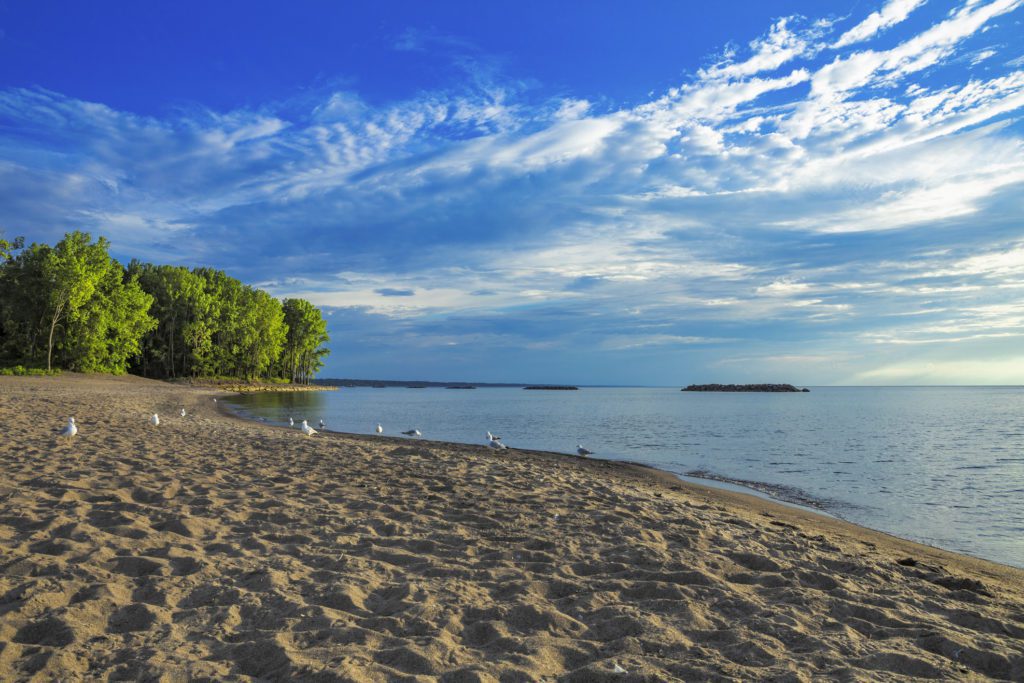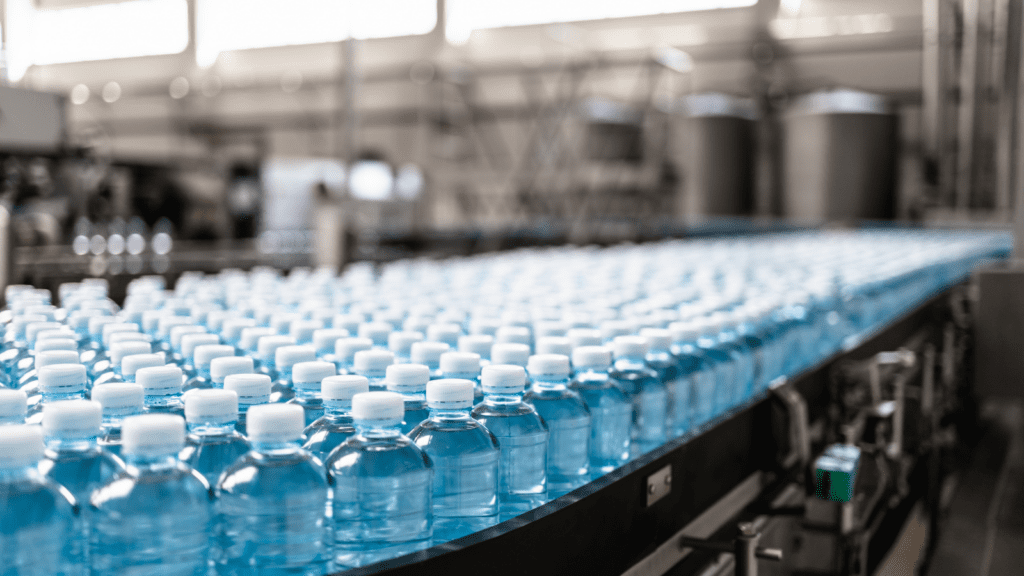Here at Environmental Defence, we’re sick of excessive salt piling up on our roads, sidewalks and parking lots this winter. Salt is a necessary evil for de-icing slippery walkways, but we’re WAY over-applying and it’s having a serious impact on our freshwater. That’s why we teamed up with WWF Canada and CELA (Canadian Environmental Law Association) to ask the Ontario government to take action to monitor and manage the province’s salt intake. We’ve also been bringing up the road salt issue wherever we can – on our blog, in a petition, our submissions to government, and in the news.
We’ve heard from thousands of our supporters that they too are getting tired of seeing piles of salt washing into our creeks and rivers. For many of us, once we know the impact salt can have on the environment it becomes even tougher to stomach it crunching under our feet or staining our favourite boots. So, what’s the alternative? How can we de-ice and still be nice to our lakes and rivers?
There are a few options and all over Canada we’re seeing them become more popular.
Beet juice and cheese brine – a recipe for safe roads
Our roads and highways are one of the places we need to de-ice the most, to keep us all safe getting from point A to point B in harsh winter conditions. Many cities, recognizing the corrosive and damaging nature of salt, have adopted alternatives. Beet juice, pickle and cheese brine are just some examples of substances we can use to pre-treat roads when we know icy conditions are coming.
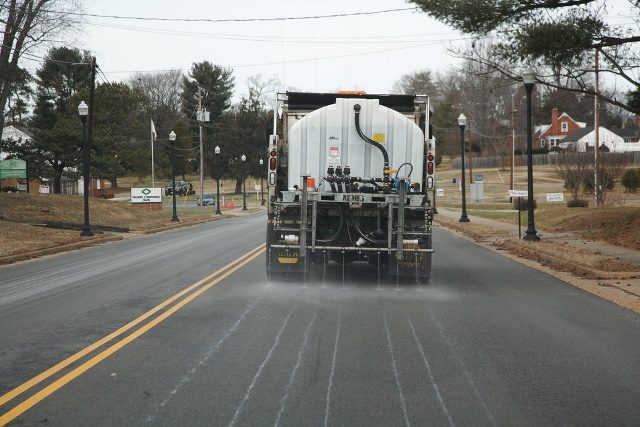
This year, the City of Calgary expanded its beet brine program with success, and the City of Winnipeg is following suit by expanding their pilot program using beet juice. In Wisconsin, a rural county has discovered that pre-treating their roads with cheese brine (appropriate for the Cheese State) allows them to reduce road salt application significantly.
These eco-friendly alternatives are a step in the right direction! But what about on our own properties and around our homes?
Take-home solutions for de-icing
There’s a lot we can do on our own properties to de-ice and still be nice to freshwater ecosystems.
The most popular is shovelling well then using sand to create a slip free surface. There are also some emerging products on the market that offer eco-friendly alternatives. For example, EcoTraction offers a material from volcanic ash that can create traction on sidewalks and paved spaces to avoid ice related slips and trips, in a natural way.
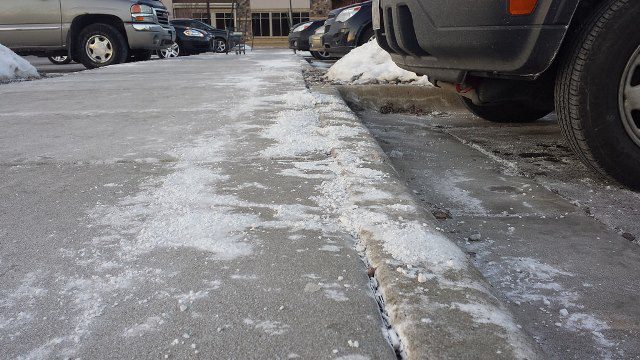
Alternative products are an option, and there are folks that take creative solutions a step further! We’ve heard of people using everything from kitty litter to coffee grinds to create traction and avoid slips and trips on their driveways and sidewalks. Things like sugar beet juice and alfalfa meal have also been useful on a household level, if you don’t mind a bright purple driveway.
Less is more
The moral of the story, is that we have options. And even when road salt is the best option, we need to start using way less of it. If juices, brines and coffee grinds aren’t for you, here are a few tips on how to make the most of your household salt application:
1. Shovel first, and shovel well: get all snow out of the way before salting. Salt that is applied on top of snow melts into storm drains, then creeks and rivers much more quickly.
2. A film canister at a time: apply salt with a smaller vessel, like a film canister so you can control how much goes onto the ground more easily. A film canister amount is enough salt to melt a full square metre of pavement!
3. Opt for an alternative: be mindful of the temperature, and when it’s below -10C, use an alternative. The salt isn’t effective anyway during those frigid temperatures, so there’s no use in applying it.
Spread the word
We know people want to be environmentally responsible home owners, and by taking the steps above we can all make an impact. However, the biggest place we need to reduce salt application is often at commercial parking lots and large paved spaces.
If you notice that the businesses you frequent are way overdoing it, let them know it! Customer feedback can be a great way to get companies to notice an issue and start to address it. Take this dumping of road salt on a sidewalk, for example:
This is way way way too much salt! #LessSalty pic.twitter.com/wVzRHf09Zk
— Nick Reid (@NicH2Olas) January 30, 2019
This salt is so over applied that the vast majority of it will wash directly into nearby waterways, damaging habitat and turning water too salty for turtles, salamanders, frogs and fish to survive. Use the #LessSalty to share images and see what others are doing to reduce our salt impact!



